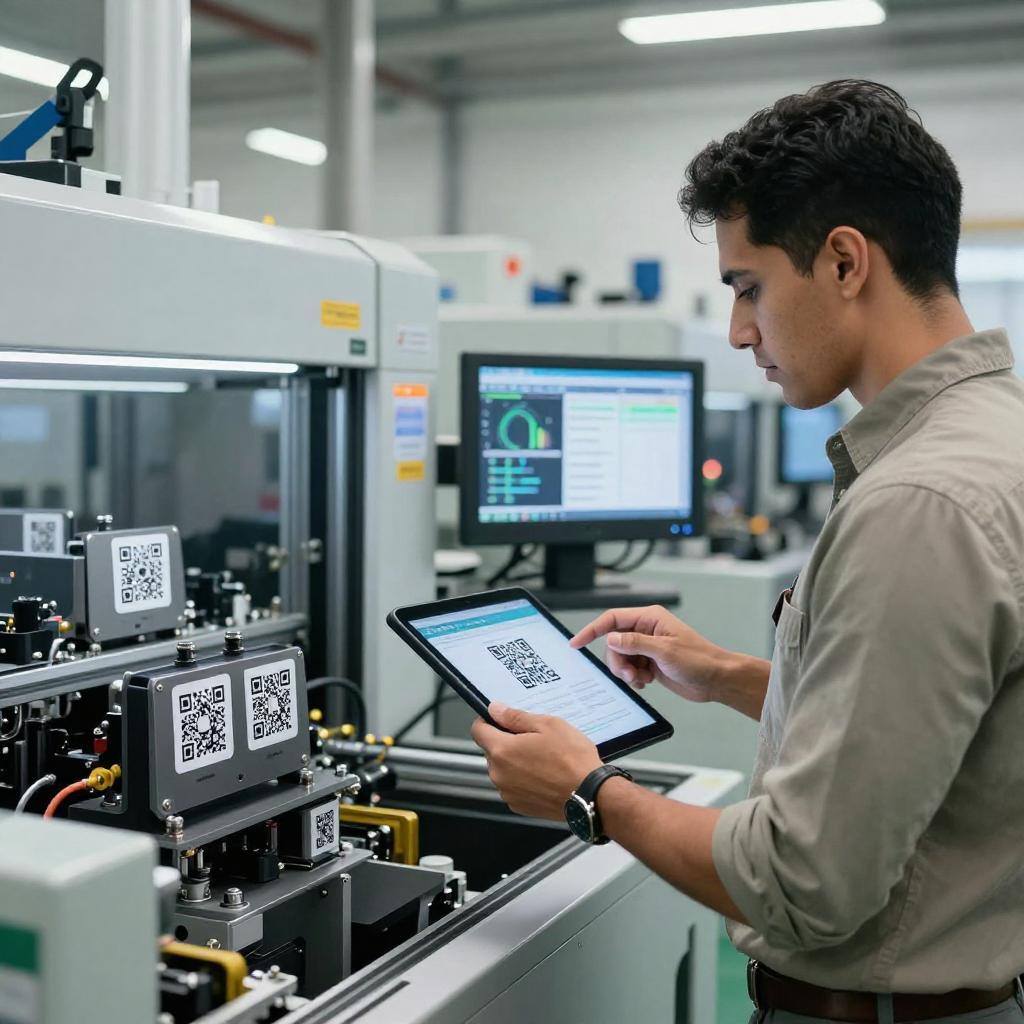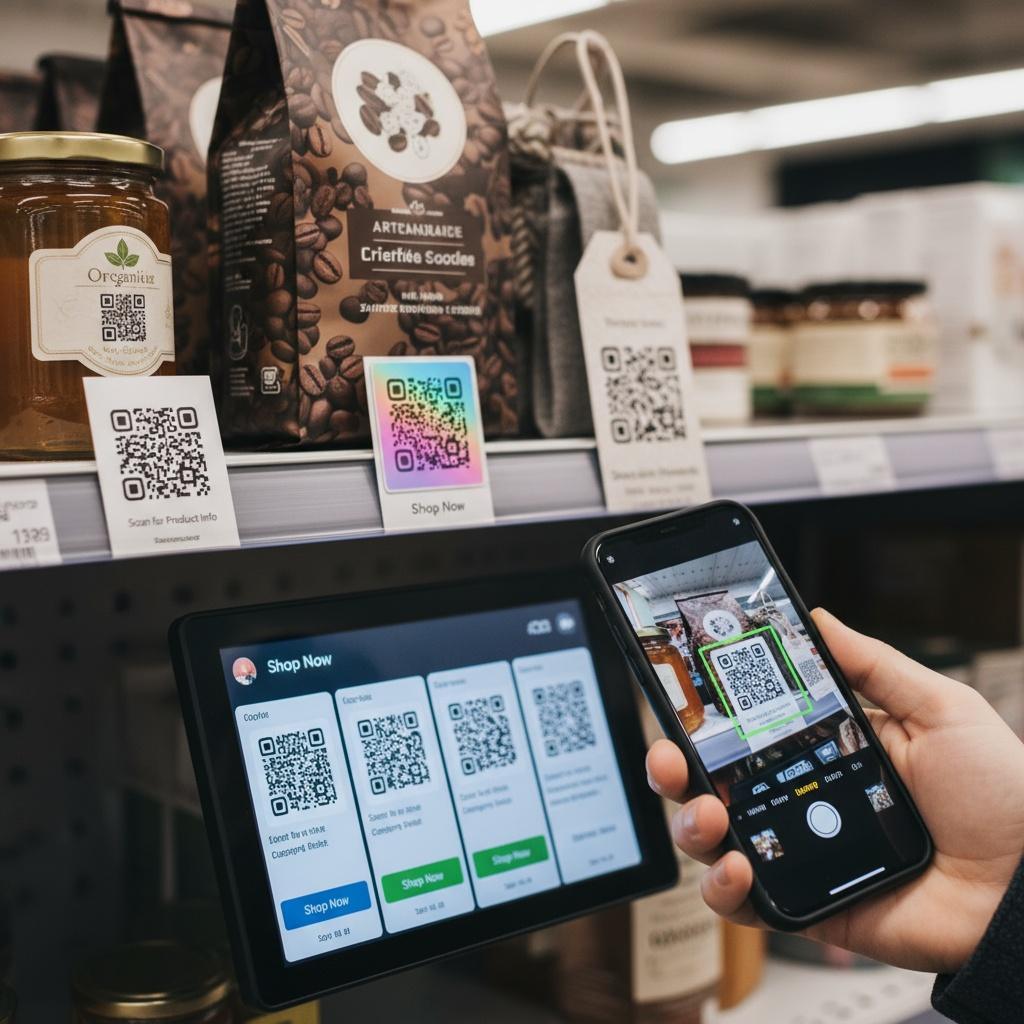

In today’s fast-evolving retail landscape, QR codes have transcended their basic functionality to become powerful digital transformation tools that boost engagement, streamline operations, and modernize marketing strategies. Once simple shelf tags, QR codes now serve as smart labels that integrate seamlessly into omnichannel retail experiences, enhancing both customer interaction and backend efficiency.
Initially, QR codes in retail were mainly static shelf tags containing product information. However, as mobile technology and digital connectivity advanced, these codes became gateways to dynamic content — from videos and detailed descriptions to personalized promotions. Retailers now embed QR codes into smart labels capable of updating content in real time, connecting physical products directly to digital platforms.
Smart shelf tags equipped with QR codes enable shoppers to instantly access rich, mobile-optimized content by scanning labels with their smartphones. This interaction allows customers to view product videos, verify stock availability, and read reviews without assistance, empowering informed purchasing decisions. According to TechFinitive’s insight on QR in retail, these interactive tags also integrate with point-of-sale systems to provide real-time pricing updates and loyalty offers, elevating in-store marketing strategies.
Retailers leverage QR codes to bridge the gap between offline shopping and digital experiences. For instance, scan-and-go shopping models enable customers to add products to virtual baskets by scanning QR codes, facilitating frictionless checkout or home delivery options. This model not only enhances customer convenience but also reduces queues and labor costs.
QR codes also serve as potent marketing tools, linking shoppers to tailored promotions, loyalty programs, and brand storytelling. By collecting interaction data, retailers gain valuable customer insights to refine marketing campaigns and build long-term loyalty. Experts at QR Code Generator detail how dynamic QR codes update content on the fly, facilitating ongoing customer engagement without the need for reprinting.
Beyond customer-facing applications, QR codes embedded into smart labels aid operational efficiency by improving inventory and asset tracking. These labels can be scanned by employees to update stock levels instantly or locate assets in large retail spaces, minimizing errors and streamlining stock replenishment. According to MakeID Store’s guide on warehouse QR codes, this real-time tracking is critical for maintaining accurate inventory control and reducing downtime.
Leading retailers have integrated QR codes into in-store payment systems, accelerating checkout processes and enabling contactless transactions. This supports modern marketing strategies focused on customer convenience and safety, especially important in post-pandemic retail environments. Retail Dive highlights how major chains use QR codes for payments, linking purchases to digital rewards platforms to encourage repeat business.
The journey of QR codes in retail—from simple shelf tags to sophisticated smart labels—reflects broader digital transformation trends reshaping the industry. By integrating QR codes, retailers harness digital tools to blend physical and online shopping journeys, deliver personalized experiences, and optimize operations. For businesses seeking innovative, cost-effective digital transformation tools, QR codes represent a versatile asset in modern marketing strategies and retail management.
As retail environments continue to evolve, embracing QR codes empowers both brands and consumers, providing richer interactions, faster service, and data-driven insights that drive growth. Forward-looking retailers that leverage QR codes effectively will position themselves at the forefront of retail innovation and customer engagement.